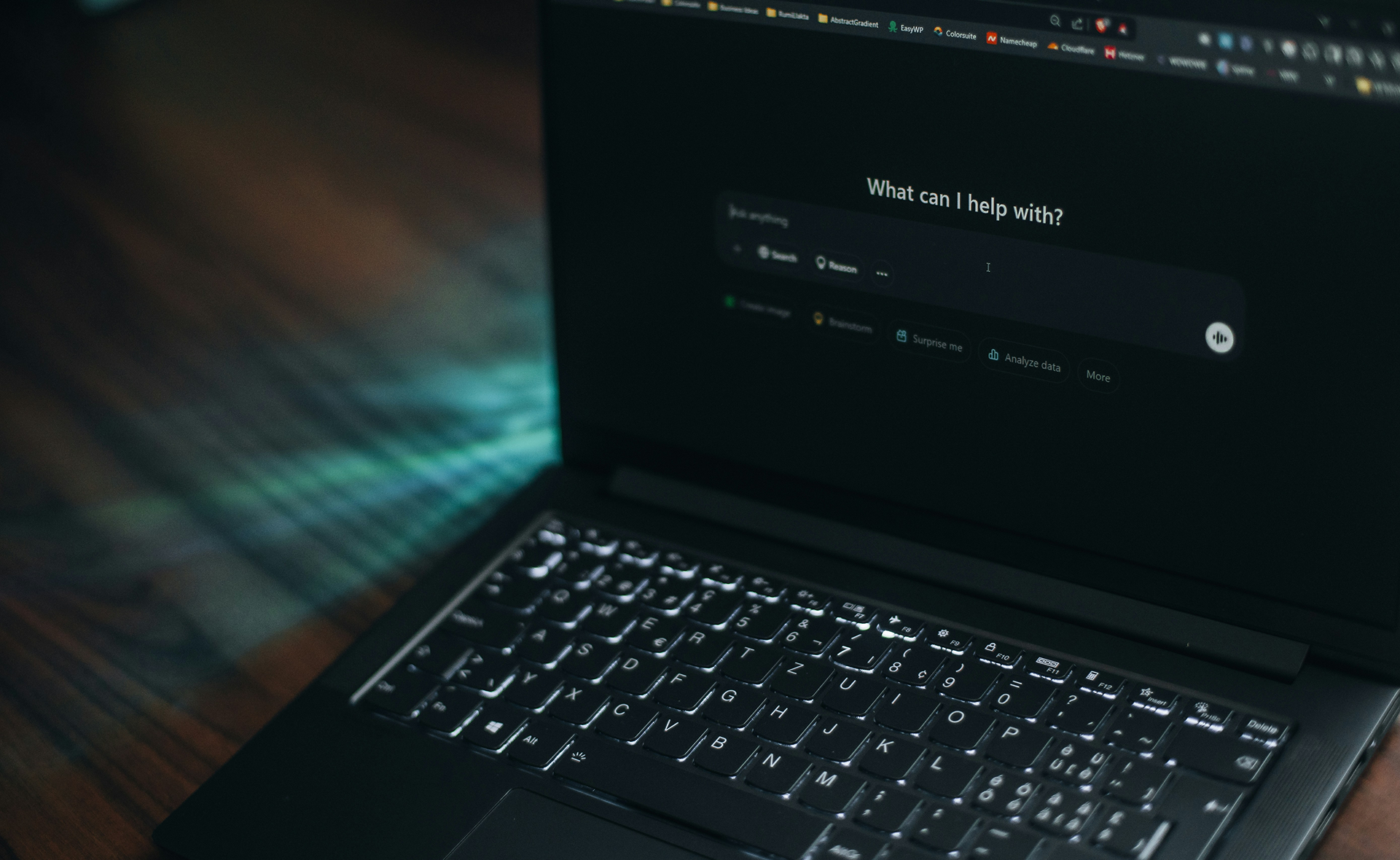How to optimise market research surveys for mobile
Increasingly, research design that does not result in a good mobile-friendly experience is seen as the main culprit behind low completion rates. The real issue is that this disproportionately affects what is often seen as the most sought-after demographic in MR: The young. This may be making survey results less representative, increasing panel attrition and decreasing the overall efficiency of panel companies.
Old concerns with data consistency in case a survey is offered on multiple platforms (desktop and online) are now evaporating, to be fast replaced by questions about representativity and feasibility of studies if faced with low mobile uptake.
Survey design issues that impact mobile completion rates include the lack of mobile-friendly question layout and answer types. For instance, complex drag and drop exercises or long scrolling bars are a hurdle on mobile. Having to scroll left and right or up and down the screen to view the entire question or find all the answers creates more work, extends completion time and ultimately leads to more drop-outs and incompletes.
The role of linguistics
Linguistics are a key part of the equation, too. Long-winded questions, verbose respondent instructions and long lists of answer options all impact mobile usability.
Localisation plays a major part in this, affecting all international research. While survey writers are being more and more careful about using shorter, to-the-point and clear language in their mobile-enabled master copy, they frequently end up with the opposite effect once localisation is done by a generalist vendor who is unaware of such complexities.
A non-specialist language provider will often translate surveys with longer, more complete sentences seeking greater clarity, while the effect this achieves is the exact opposite.
One of Locaria’s company values is “Celebrating Language with Data” and this means we know how important it is to make language decisions that are geared towards collecting good data and making the language ‘work’ for the purpose it serves.
Among the main international markets, China and Brazil are lagging behind in terms of desktop vs mobile starts and start vs complete conversion. This is partly due to connection speed, but it is also affected by the language not being optimised for mobile.
Key languages such as German, Spanish or Arabic tend to naturally be longer than English to express the same concept. A generalist translation partner will render surveys more convoluted, longer and harder to follow on mobile.
The need for an optimised service
Mobile optimised localisation, which Locaria offers as standard to its MR clients, is critical in order to adapt the copy for the mobile environment, ensuring the language is precise while at the same time quickly digestible and short, with the main concept in a prominent syntactic position to avoid any display or scrolling issues. This will help prevent a drop in completion rates, longer time spent in the field and ultimately higher research costs.
On top of mobile-optimised localisation, Locaria offers desktop and mobile-specific online validation (also referred to as ‘link check’). This is a critical final step before launch where our team of validators go through the survey link as if they were real respondents, to verify that the mobile-optimised localisation has been loaded up correctly and is displaying as intended. They will check that the entirety of the question appears on screen, and look for truncated text in grids, grid bars and progressive/carousel answer lists, assuming the respondent is in portrait mode which is the default across markets for mobile.
We have the technology to test links on desktop and on mobile emulators, for Android and Apple devices, and even for specific handset models if required.
Our validation service always includes desktop too, because no device type can be excluded or taken for granted, given how divided respondents are proving to be. The MRS reports that younger audiences and most females preferring mobile, while older audiences and most males preferring the traditional desktop route.
With the market research industry becoming more competitive by the day, panel agencies cannot afford not to use specialists in each step of the survey, from conception to launch. Locaria’s Market Research services, including mobile-optimised localisation and mobile-centric online validation, are essential to ensure your international research meets the ever-shrinking timelines required, while still collecting relevant and representative data from all age groups, genders and international markets.
To discuss how Locaria can help you achieve better data collection in international surveys, get in touch with our team.

Article by Nicola Pegoraro, Content Delivery Director



